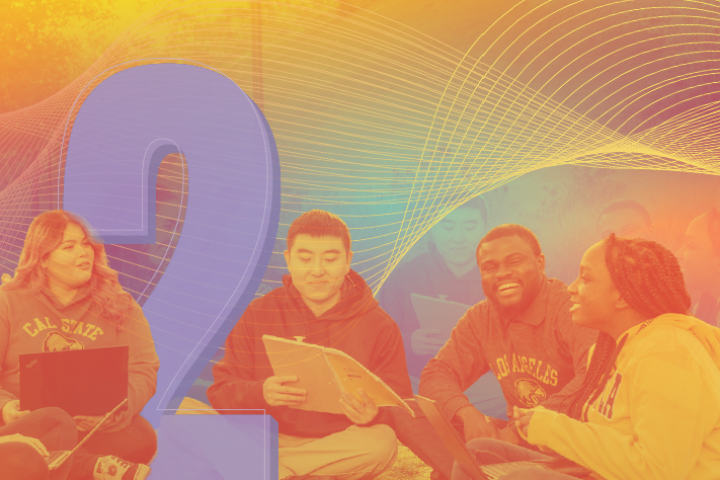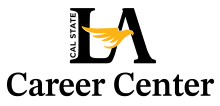
You don’t have to be sure—just stay curious and open.
For Second-Year Sophomores • First-Year Transfer • First-Year Graduate Students
Get Started
Open each item to find links, tools, and support to help you take action.
Find career paths that match your major and interests.
- Use What Can I Do with This Major?; choose your major; explore career areas; pick 2 to 3 career paths that interest you.
- Explore Careers in Los Angeles by Industry (external page); discover employers, job titles, and videos from professionals.
- Try out job simulations with Career Experiences with Forage (external page); list them on your résumé.
- Still not sure? Take our Focus2 Career Assessments to find jobs that match your interests, values, and personality.
Explore careers and get advice directly from professionals. Use Handshake to find career events and connect with your career community.
- Go to the Handshake Events tab and attend events labeled guidance.
- Dress professionally; visit the Career Clothing Closet for support.
- Talk with 2 to 3 alumni or professionals who share your interests.
- Use our Career Conversation Questions to guide your discussion.
- Connect with people in your career community.
- Go to the People tab in Handshake to find alumni in your major.
- Go to the Employers tab in Handshake to find people working at companies you're interested in.
Help Handshake find the right opportunities for you.
- Add your career interests to get personalized jobs and events.
- Not sure what to enter? Use What Can I Do with This Major or take our Focus2 Career Assessments.
- Update your profile info so recruiters can learn more about you.
- Upload your professional photo; take one for free at our Career Photo Booth.
Prepare your résumé and practice interviewing with support. Preparing now helps you build confidence before you're actively applying.
- Use our Résumé & Letter Builder to write your first draft.
- Start with our College Résumé Sample in the builder
- Get feedback with the AI Review or Submit for Human Review features.
- See formatting tips in our College Résumé Guide.
- Use our Interview Practice System to build confidence.
- Choose a mock interview; select a general one and choose an internship interview.
- Get step-by-step feedback using the AI Review feature.
- Complete Fast Track and Mastery Track to learn what to expect.
Get Support
Career Guides
Appointments
- Log in to the MyCalStateLA portal
- Select Navigate LA from the left menu
- Select Get Assistance
- Select Care Unit: Student Life & Wellness
- Select Location: Career Center
- Choose a Service:
- Career Exploration & Planning
- Résumé & Cover Letter Writing
- Interview Practice
- Career Clothing Closet
- Select your preferred Meeting Type
- Choose a Date and Time
Follow us on Instagram (external page)
Call: 323.343.3237
Email: careers@calstatela.edu
Visit: Between the Student Health Center and the University Gym
Hours: M-Th, 8 a.m. – 6 p.m. and F, 8 a.m. – 5 p.m.
